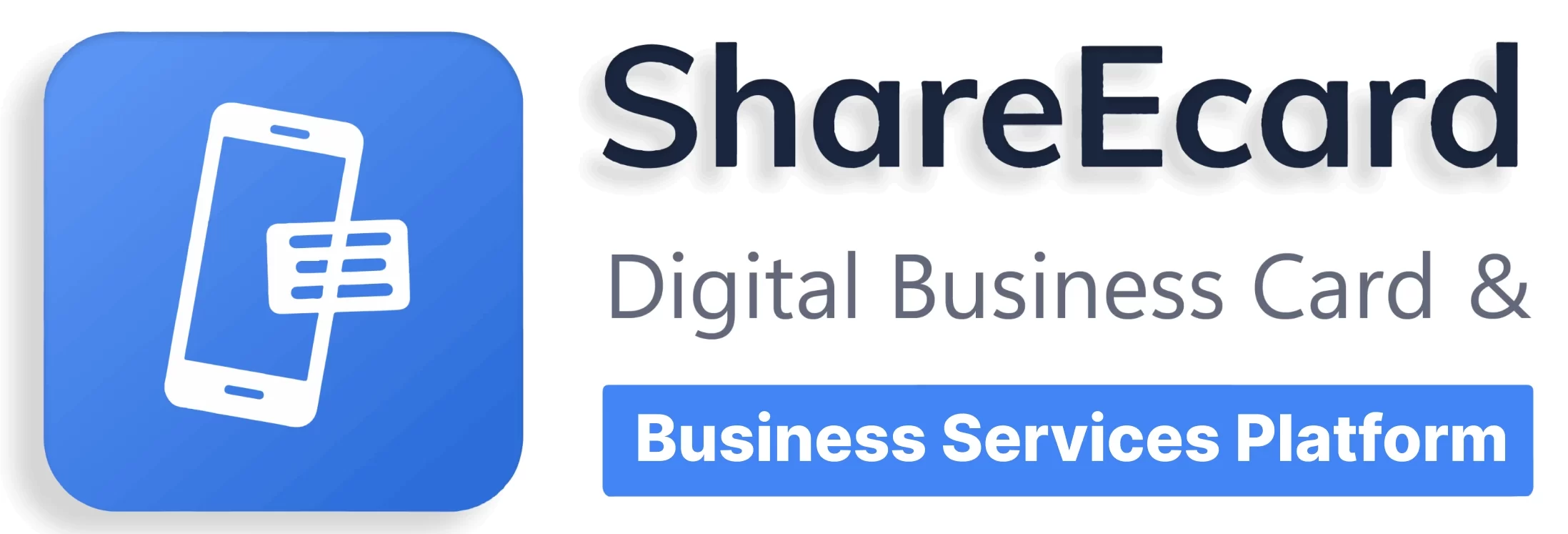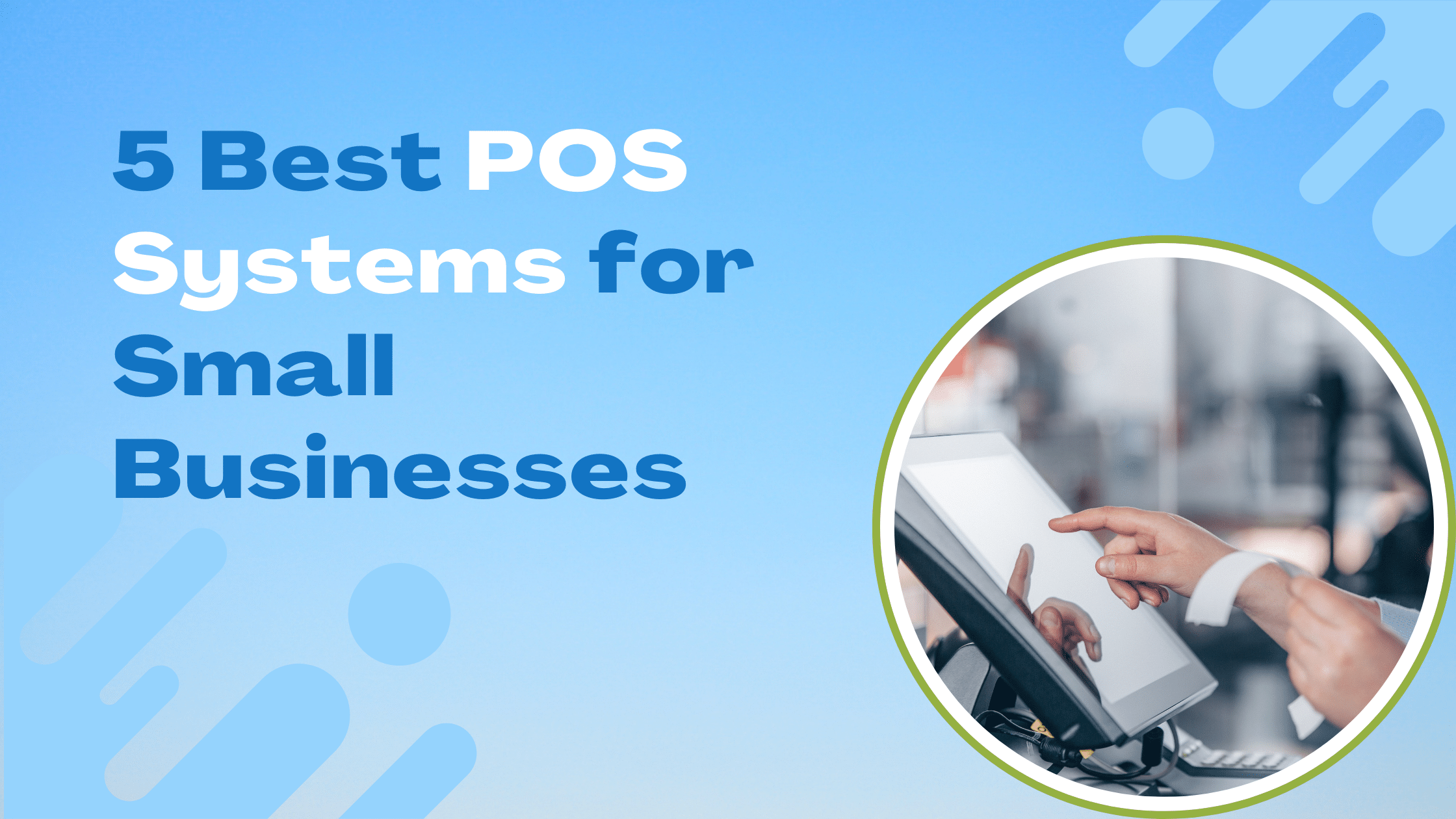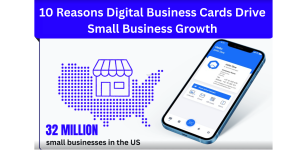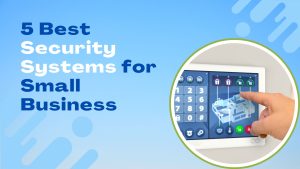In today’s fast-paced retail landscape, small businesses need every advantage they can get to stay competitive. One crucial aspect of running a successful operation is efficient and effective point-of-sale (POS) management. Fortunately, with the advent of advanced POS systems and innovative point of sale software, small businesses now have access to powerful tools that can streamline their operations and drive sales.
Gone are the days of manually tracking sales and inventory on spreadsheets or relying on outdated cash registers. Modern POS systems offer a comprehensive suite of features designed specifically for small businesses, empowering them to take control of their retail management like never before. From processing transactions quickly and securely to managing inventory levels in real-time, these software solutions provide a seamless experience for both customers and business owners.
With robust sales tracking capabilities, small business owners can easily monitor their revenue streams, identify top-selling products, and gain valuable insights into customer buying patterns. This data-driven approach allows for informed decision-making when it comes to pricing strategies, marketing campaigns, and inventory management.
Moreover, point of sale software enables businesses to offer a personalized experience to customers through loyalty programs and targeted promotions. By capturing customer information at the point of sale, retailers can create tailored marketing initiatives that foster brand loyalty and drive repeat business.
Another significant advantage of implementing a modern POS system is its ability to integrate with other essential business tools such as accounting software or e-commerce platforms. This integration eliminates the need for manual data entry or reconciliation errors while ensuring accurate financial reporting across all channels.
Furthermore, these advanced systems often come equipped with user-friendly interfaces that require minimal training time for employees. This ease-of-use ensures smooth operations during busy periods while reducing costly errors associated with manual processes. According to Forbes, business cards are in high demand in 2023.
In summary, investing in a reliable POS system with cutting-edge point of sale software is an invaluable asset for any small business in today’s competitive retail landscape. With streamlined operations, efficient sales tracking capabilities, personalized customer experiences, and seamless integrations, these systems empower small businesses to thrive and grow. Don’t let your business get left behind – embrace the power of modern technology and witness the positive impact it can have on your bottom line.
With this insightful blog, you will gain the knowledge and guidance needed to make an informed decision about choosing the best POS System for your Small Business according to your specific needs.
List of Paid or Free POS Software for Small Businesses
1. Square POS
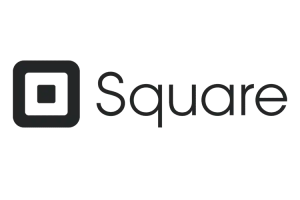
If you are in need of a reliable and user-friendly point-of-sale (POS) system, Square is the go-to solution. Renowned for its simplicity and affordability, Square caters to a diverse range of businesses, be it retail stores or restaurants. With Square, managing your sales transactions has never been easier.
Free Tools:
- POS App: Process payments, track sales, and manage inventory efficiently.
- Basic Reporting: View sales reports and customer analytics.
Paid Tools:
- Square for Restaurants: Experience advanced features for managing table layouts and orders specifically designed for restaurants.
- Team Management: Employee management and timekeeping.
- Advanced Reporting: platform offers in-depth insights and customizable reporting options.
Pricing:
- Square offers a free Point of Sale app that allows you to process payments and track sales.
- The app is free to use, and you only pay for payment processing fees, which are typically around 2.6% + $0.10 per transaction for in-person payments and 2.9% + $0.30 per transaction for online payments.
- Square also offers optional additional features and services, such as advanced reporting and team management, which may have separate costs.
. The Plus Plan Costs: $29
. The Premium Plan: Custom
If you want to Network Efficiently in your Business, Visit ShareEcard.
| Features | Pros | Cons |
| User-Friendly Interface | – Easy to set up and use, even for beginners. | – May lack advanced features preferred by larger businesses. |
| Payment Processing | – Accepts various payment methods, including credit cards and contactless payments. | – Transaction fees can be higher for certain card-not-present transactions. |
| Mobile Point of Sale | – Works on smartphones and tablets, providing flexibility and mobility. | – Limited to mobile devices, which may not be ideal for some businesses. |
| Inventory Management | – Track and manage inventory, stock levels, and alerts for low stock. | – Inventory features may be basic compared to dedicated inventory management systems. |
| Reporting & Analytics | – Provides sales reports, analytics, and insights into customer behavior. | – Advanced reporting options may require additional integrations or paid add-ons. |
2. Shopify POS
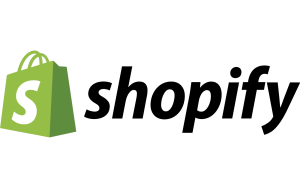
Shopify POS is an incredible extension of the highly acclaimed Shopify eCommerce platform. It offers retail businesses a seamless and efficient solution for both online and offline selling. With this powerful tool, you can effortlessly manage your business across multiple channels, ensuring a smooth shopping experience for your customers, no matter how they choose to shop with you. Say goodbye to the complexities of managing different platforms – Shopify POS has got you covered!
Free Tools:
- POS App: Accept payments, track orders, and manage inventory seamlessly.
Paid Tools:
- Shopify Online Store Integration: Efficiently synchronize online and offline inventory and orders.
- Hardware Integration: Compatible with various POS hardware devices.
- Advanced Reporting: Sales analytics and customer insights
Pricing:
- Basic Shopify Plan: $29 per month
- Shopify Plan: $89 per month
- Advanced Shopify Plan: $299 per month
| Features | Pros | Cons |
| Seamless Integration with Shopify | – Unified inventory and sales data between online and offline channels. | – Requires an existing Shopify online store subscription. |
| Mobile Point of Sale | – Allows you to process sales and manage inventory using smartphones and tablets. | – Limited to mobile devices, which may not be ideal for some businesses. |
| Payment Processing | – Accepts various payment methods, including credit cards and contactless payments. | – Transaction fees apply, which can be higher for non-Shopify Payment gateways. |
| Inventory Management | – Tracks and manages inventory, providing real-time stock updates across all channels. | – Advanced inventory features may require additional apps or customizations. |
| Customizable Receipts | – Create customized and branded receipts for a professional look. | – Advanced customization options may require technical knowledge. |
| Sales Analytics and Reporting | – Provides sales reports and analytics to gain insights into business performance. | – More advanced reporting capabilities may require additional apps or the Advanced Shopify Plan. |
| Customer Profiles | – Captures customer information for marketing and personalized experiences. | – Customer relationship management features may be basic compared to dedicated CRM systems. |
3. Lightspeed

Discover the remarkable POS solution by Lightspeed, designed to cater to the unique needs of retail, restaurants, and eCommerce businesses. With their specialized versions for each sector, you can enjoy a comprehensive range of features and seamless functionality that will take your business to new heights. Whether you’re in retail or operate a restaurant or online store, Lightspeed has got you covered with their exceptional POS system.
Free Tools
Lightspeed doesn’t have a completely free version.
Paid Tools:
- Retail or Restaurant POS: Tailored features specifically designed for various industries
- Inventory Management: Manage stock, purchase orders, and suppliers efficiently.
- Customer Profiles: Track customer details and preferences accurately.
Pricing:
- Lean Plan: $69 USD/month (Annually), For essential business needs.
- Standard Plan: $119 USD/month (Annually), Ideal for omnichannel businesses.
- Advanced Plan: $199 USD/month (Annually), More tools for businesses looking to go further.
| Features | Pros | Cons |
| Comprehensive POS Solution | – Offers a complete POS solution with tailored versions for retail, restaurants, and eCommerce businesses. | – Different versions may require separate subscriptions, leading to higher costs for multiple features. |
| Inventory Management | – Efficiently track and manage inventory levels, stock transfers, and purchase orders. | – Advanced inventory management features may require additional costs or subscriptions. |
| Multi-Store Support | – Manage and monitor multiple store locations from a centralized platform. | – The cost of managing multiple stores may increase with each additional location. |
| Integrated E-commerce Platform | – Seamlessly integrate with Lightspeed’s e-commerce platform or other popular platforms like Shopify. | – E-commerce integration may require additional fees or subscriptions. |
4. Toast POS

Toast POS sets the stage for success in the restaurant industry with its tailored design. It offers a comprehensive solution that covers everything from seamless ordering to efficient payment processing and effective management. By choosing Toast POS, restaurants can streamline their operations and elevate the overall dining experience for both staff and customers.
Free Tools:
- POS App: Order taking, payment processing, and menu management.
Paid Tools:
- Kitchen Display System (KDS): Streamline kitchen operations and improve communication.
- Inventory Management: Keep track of ingredients and supplies.
- Reporting & Analytics: Gain insights into sales, menu performance, and labour costs.
Pricing:
- Quick Start Bundle: Starting at $0/month
- Core: Subscription starting at $69/month
- Growth: Subscription starting at $165/month
- Build Your Own: Custom Pricing
| Features | Pros | Cons |
| Restaurant-Focused POS System | – Tailored specifically for restaurants, with specialized features for ordering, table management, and menu customization. | – May not be as suitable for businesses outside of the restaurant industry. |
| Order Taking and Management | – Streamlines order taking and management, from dine-in to online orders. | – Some features may require additional add-ons, leading to higher costs. |
| Kitchen Display System (KDS) | – Improve kitchen efficiency and communication with real-time order display. | – Requires compatible hardware and setup in the kitchen. |
| Inventory Management | – Tracks and manages inventory, helping with stock control and ingredient tracking. | – Advanced inventory features may require additional subscriptions. |
| Tableside Ordering and Payments | – Enhances customer experience with tableside ordering and payment processing. | – May require additional hardware, such as tablets, to support tableside ordering. |
| Reporting and Analytics | – Provides detailed reports and insights into sales, menu performance, and labor costs. | – Some advanced reporting may require additional subscriptions. |
5. Vend
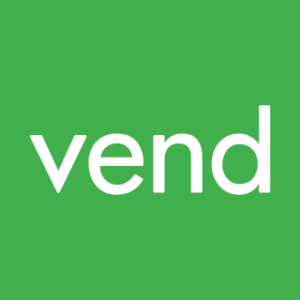
Vend is the ultimate solution for businesses in the retail and hospitality industries. Its versatility knows no bounds, offering a seamless POS system that caters to all your needs. With powerful features for inventory management and engaging customers, Vend ensures smooth operations and boosts profitability for your business. Say goodbye to outdated systems and hello to Vend – the game-changer you’ve been waiting for! Vend is now owned by Lightspeed.
Free Tools:
- POS App: Efficiently process transactions and effectively manage products.
Paid Tools:
- Inventory Management: Track stock levels and reorder products.
- Customer Loyalty: Implement loyalty programs and customer rewards.
- E-commerce Integration: Synchronize online and offline sales and inventory.
Pricing:
- Lean Plan: $69 USD/month (Billed Annually) or $89 USD/month (Billed Monthly), For essential business needs.
- Standard Plan: $119 USD/month (Billed Annually) or $149 USD/month (Billed Monthly), Ideal for omnichannel businesses.
- Advanced Plan: $199 USD/month (Billed Annually) or $269 USD/month (Billed Monthly), More advanced tools for businesses looking to go further.
- Enterprise Plan: Call for pricing, Designed for high volume retailers and businesses.
| Features | Pros | Cons |
| Omnichannel Retail Solution | – Supports both brick-and-mortar and online sales, providing a seamless omnichannel experience. | – Some advanced omnichannel features may require integration with third-party platforms. |
| Inventory Management | – Comprehensive inventory tracking, including stock control, purchase orders, and stock transfers. | – Advanced inventory features may require higher-tier plans or add-ons. |
| Sales and Order Management | – Streamlines the sales process, from creating orders to processing payments and handling returns. | – May not offer all the features needed for complex order management in certain industries. |
| Customer Management | – Captures customer data, purchase history, and preferences, enabling targeted marketing and loyalty programs. | – CRM features may be basic compared to dedicated CRM systems. |
| Reporting and Analytics | – Provides detailed sales reports, performance analytics, and insights to make data-driven decisions. | – Advanced reporting options may require higher-tier plans or additional integrations. |
| E-commerce Integration | – Seamlessly connects with various e-commerce platforms, allowing unified online and offline sales. | – Some e-commerce integrations may have limited functionality or additional costs. |
| Employee Management | – Manages employee schedules, permissions, and performance, improving workforce efficiency. | – Advanced HR features may require third-party integrations. |
